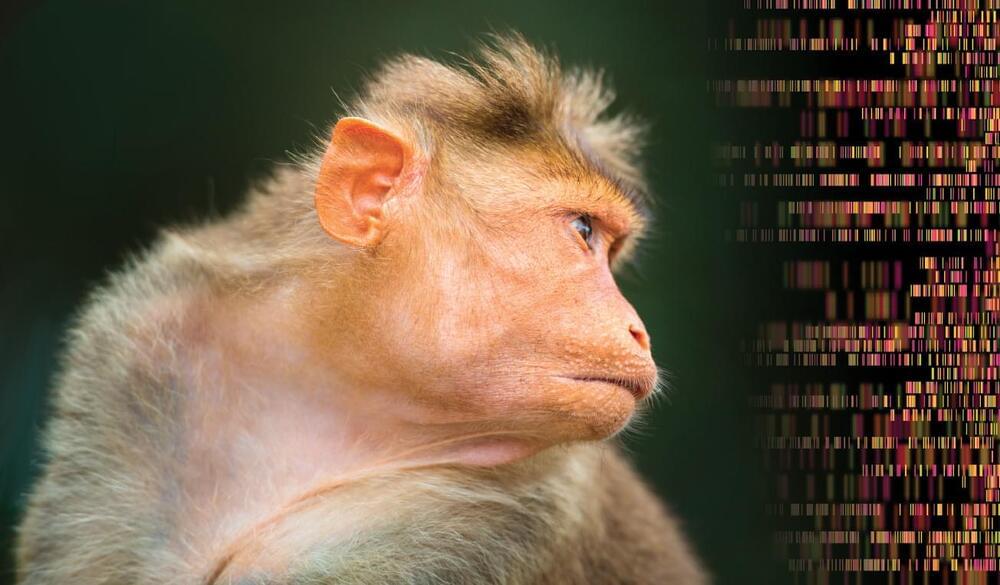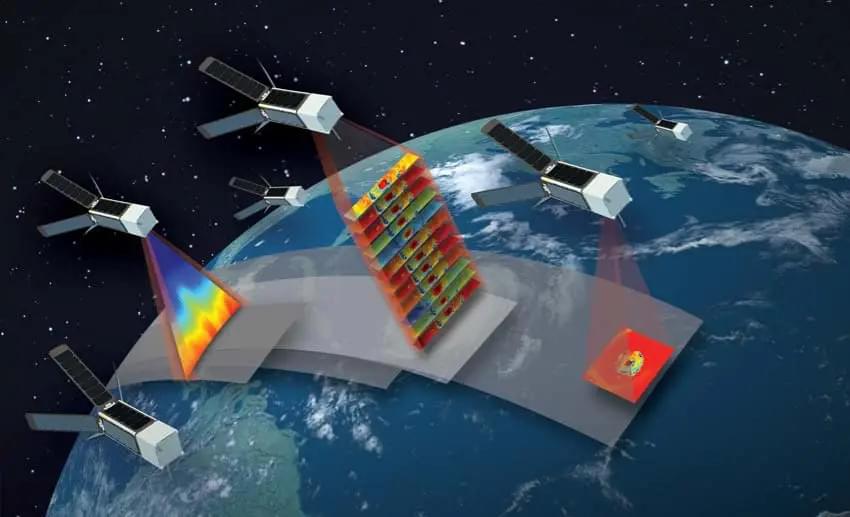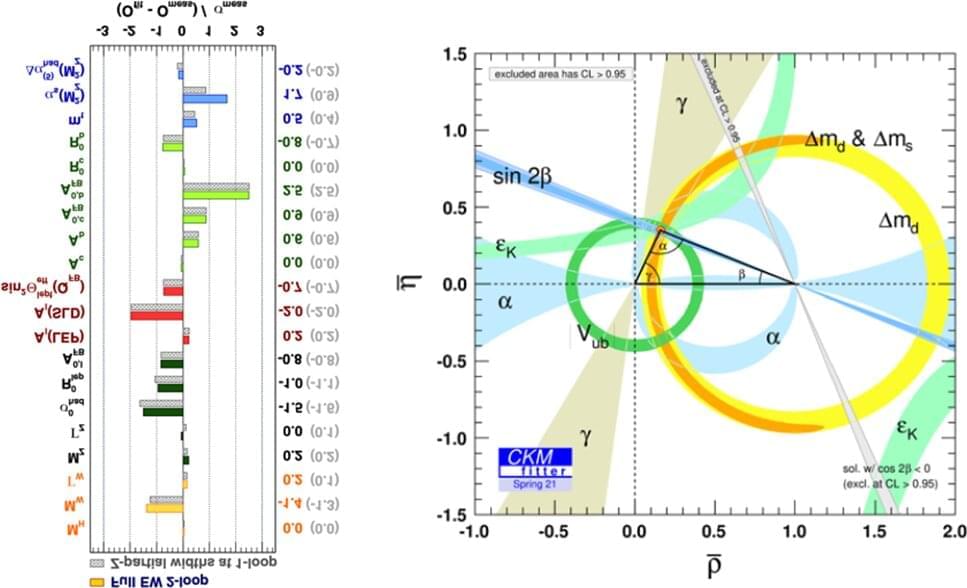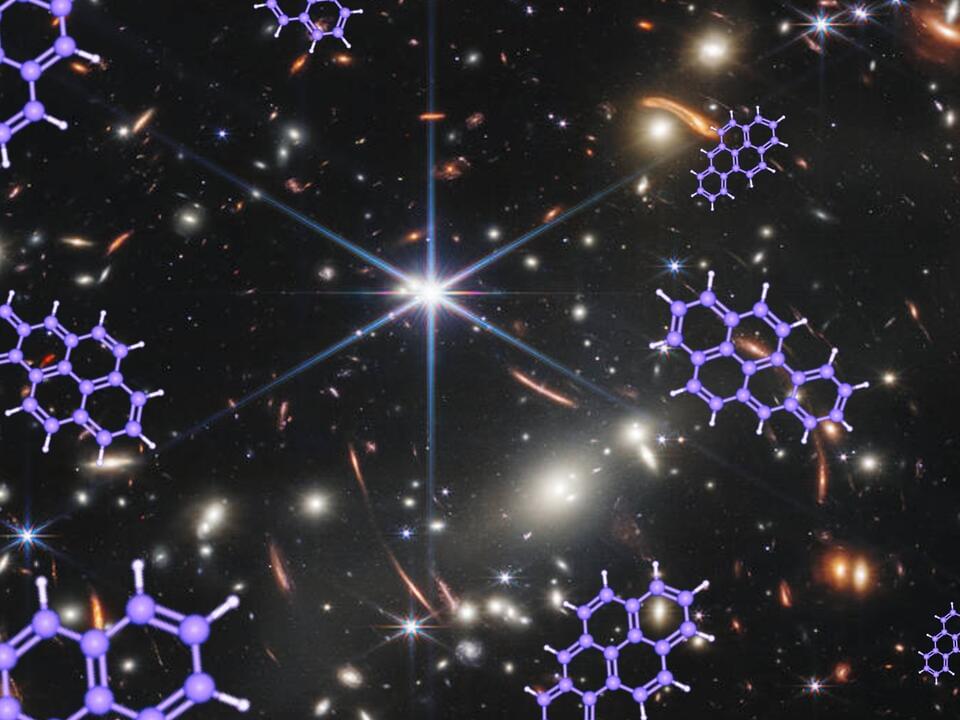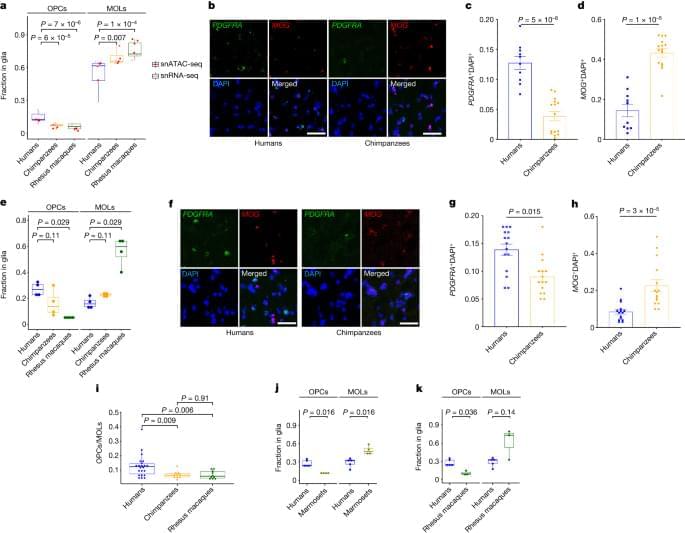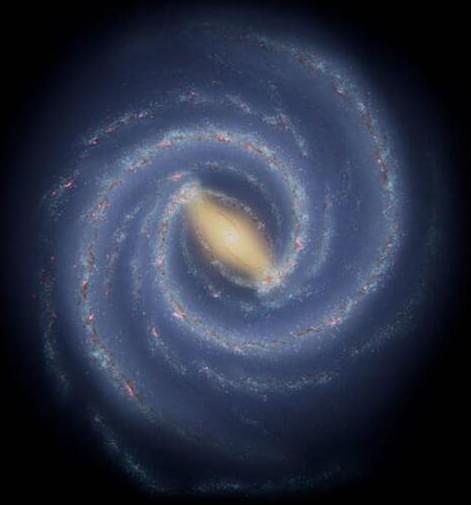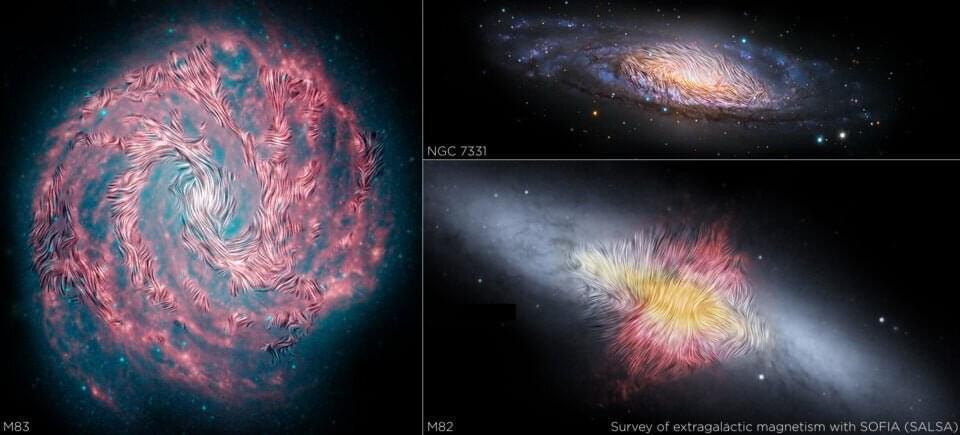Jul 25, 2023
What Happens When Scientists Put a Human Intelligence Gene Into a Monkey?
Posted by Omuterema Akhahenda in categories: biotech/medical, evolution, genetics, neuroscience
Scientists adding a human intelligence gene into monkeys — it’s the kind of thing you’d see in a movie like Rise of the Planet of the Apes. But Chinese researchers have done just that, improving the short-term memories of the monkeys in a study published in March 2019 in the Chinese journal National Science Review. While some experts downplayed the effects as minor, concerns linger over where the research may lead.
The goal of the work, led by geneticist Bing Su of Kunming Institute of Zoology, was to investigate how a gene linked to brain size, MCPH1, might contribute to the evolution of the organ in humans. All primates have some variation of this gene. However, compared with other primates, our brains are larger, more advanced and slower to develop; the researchers wondered whether differences that evolved in the human version of MCPH1 might explain our more complex brains.
Article from 2019
Continue reading “What Happens When Scientists Put a Human Intelligence Gene Into a Monkey?” »
